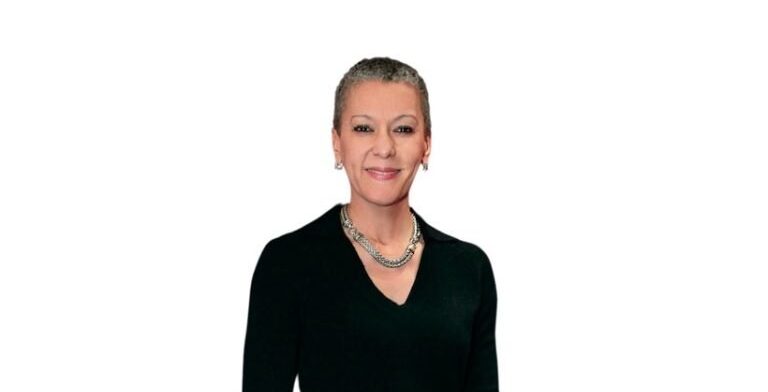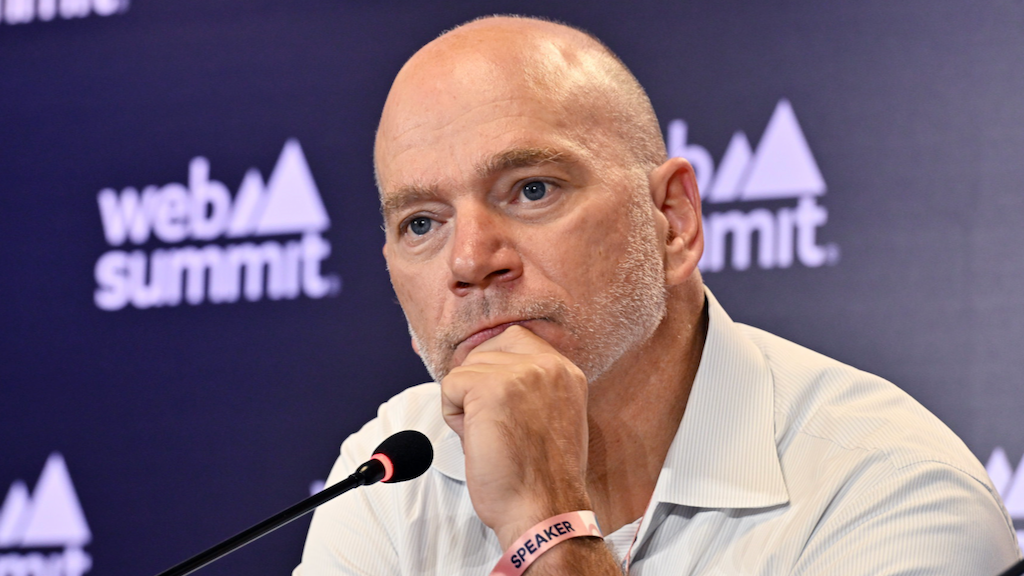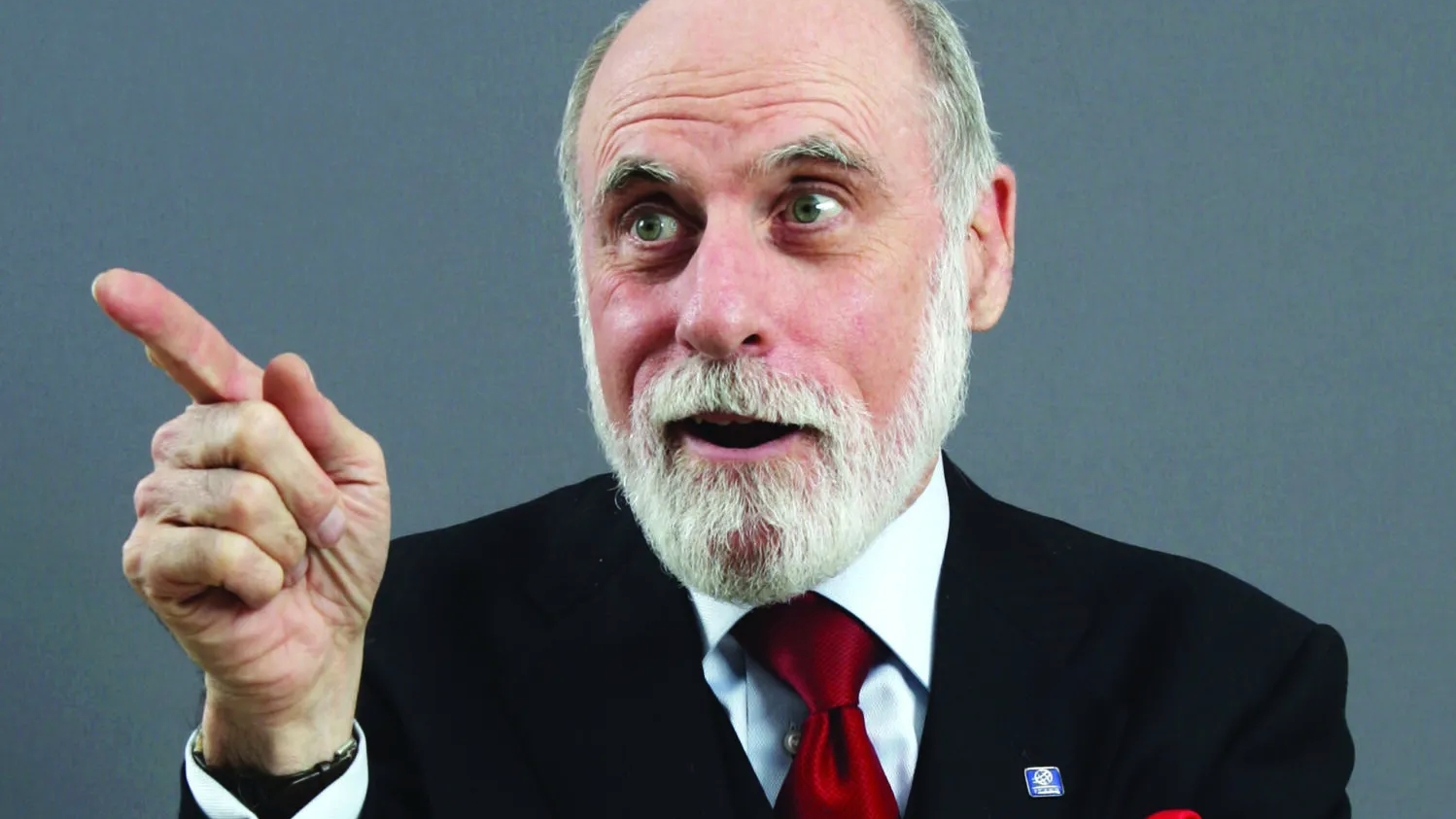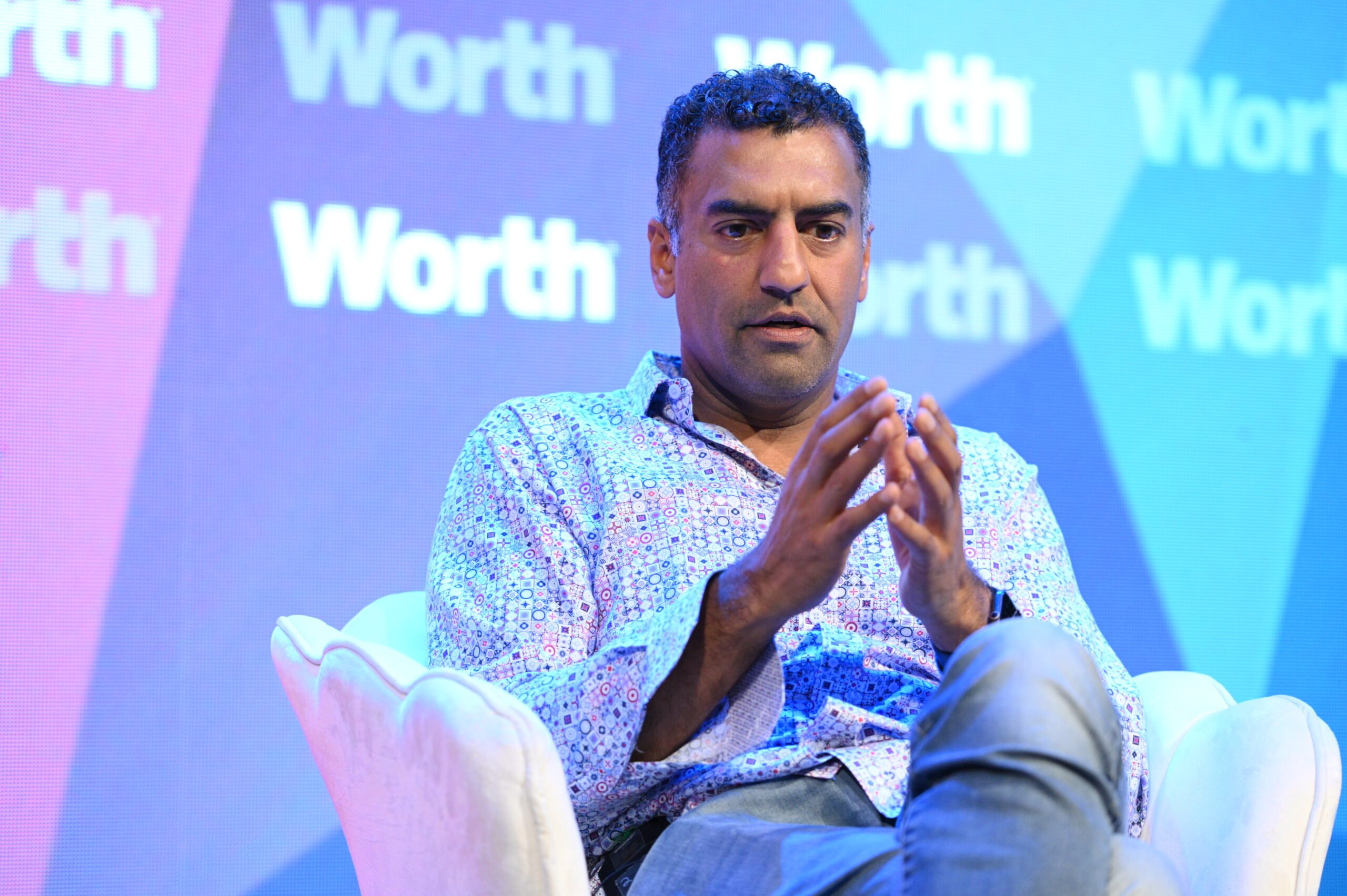This year at SXSW, KPMG hosted a private dinner which included over a dozen CTOs and Chief Digital Officers to discuss the future of AI in the enterprise. Worth Media helped to facilitate the conversation which included the practical aspects of AI and digital transformation, the implications for the future of work, ethical AI, and the shifting landscapes of various industries. The off-the-record dinner included executives from Estee Lauder, IDEO, Johnson & Johnson, Medtronic, and VSP Global.
“This is a new revolution,” explained Cliff Justice, KPMG National Leader of Enterprise Innovation. “Nobody alive today has ever experienced any kind of change like this.” Understanding the impact of AI is the fundamental challenge facing all C-Suite executives.
“Understanding the capabilities of AI and where it is today, and understanding where it’s going and where it will be three to five years in the future is essential,” Justice said. That is the only way businesses can hope to integrate AI strategically into their operations.

Justice also touched upon the transformative potential of AI across industries, predicting both the obsolescence of traditional sectors and the emergence of new ones. “We’re going to see industries just completely disappear… On the flip side of that, we’re going to see whole new industries emerge,” he envisioned, foreseeing a radical shift towards a future where AI-driven innovation reshapes the economic landscape.
AI executives now have easy access to data that was previously accessible only to an organization’s data scientists. According to Richard Entrup, of KMPG’s Enterprise Innovation Group, these technologies could redefine organizational landscapes as data management becomes paramount. “There is no AI without good solid data,” and urged companies to “get a handle on their data, their data governance, their data policies.”
The dialogue then navigated the intricacies of corporate governance in an AI-augmented world, with Entrup noting a “hot potato” scenario unfolding in boardrooms. “This is not just about tech. This is about the opportunity of gathering all of your data across your organization and then tapping into it for insights,” he explained, pointing to the collective responsibility of the C-suite in navigating the AI landscape responsibly, underpinned by a trusted AI framework to address new vulnerabilities and maintain compliance.

Amidst discussions of industry-specific applications and AI’s universal appeal, Entrup posited, “80% of this will apply to all organizations…That 20% of nuance that’s sector-specific, I believe, is where the real competitive advantage will come from.” His remarks highlighted the dual nature of AI’s impact, offering widespread efficiency gains and unique, sector-specific opportunities for innovation.
As the KPMG Studio lead, Anu Puvvada sees AI as a tool for workforce transformation. She highlighted the importance of preparing organizations for the AI-powered future through strategic adaptation and embracing emerging technologies. “It’s really important for them to surround themselves with the right people that know of these emerging technologies so that they can keep up with that pace of change,” Puvvada emphasized, pointing to the essential role of human talent in navigating the AI revolution.
As the evening concluded, it was clear that AI is already reshaping the economic landscape, from the obliteration of traditional industries to the birth of new realms of innovation. The consensus was that this new AI age will require a radically different approach from business leaders.
KPMG’s leaders in innovation and technology discussed what companies can do to prepare for the AI-powered future:









